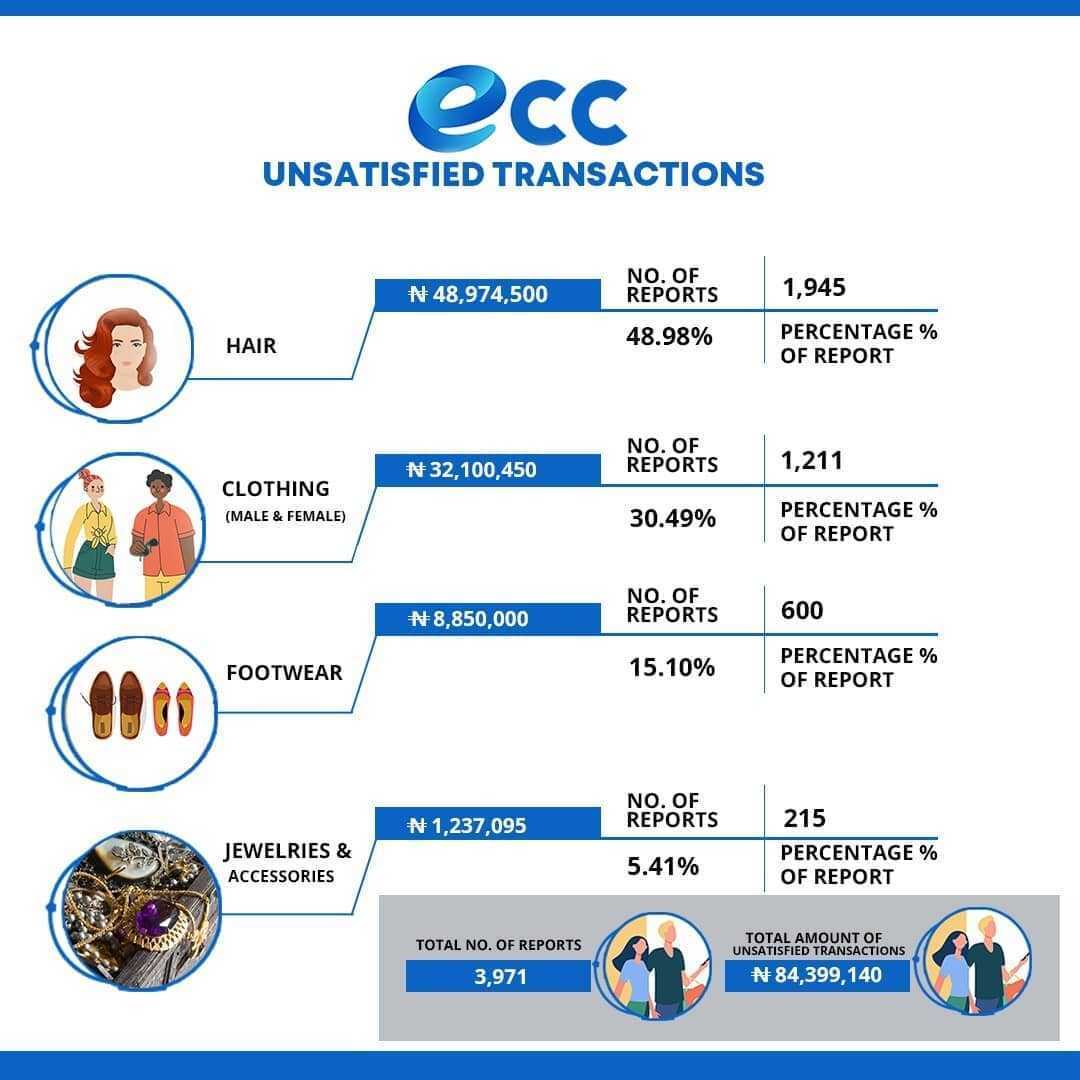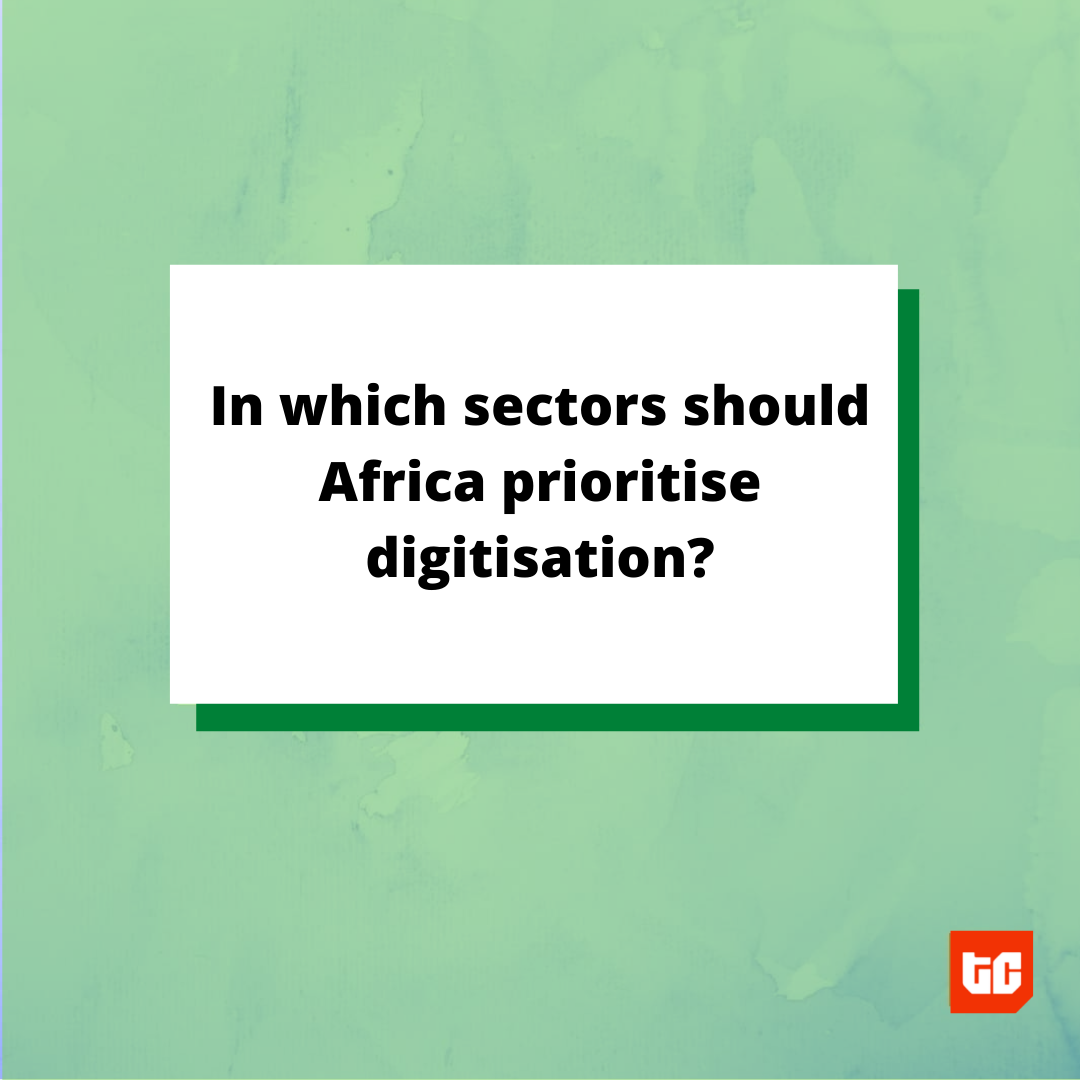
IN PARTNERSHIP WITH

Happy International Women’s Day 🪅
In celebration of Women’s History Month, all our #QuickFire editions for March will feature the inspiring women making strides in Africa’s tech ecosystem.
Last week, Agnes Muthoni of Andela shared her thoughts on Web3 and how businesses can build meaningful partnerships. This Friday, Carolyne Mwaura, the Global Head of People at Sokowatch, will share her experiences with talent and retainment.
If you’re looking for thoughtful and important things to do for the women in your lives and startups, our colleagues at ZikokoHER have compiled a list. Skip the PR campaign and buzzwords; do these 10 things instead.
In today’s edition
- Building mini-tractors for the West African market
- How much do Nigerians lose to Instagram scammers?
- YouTube Kids chooses human curation over algorithms
- Tech probe
- Event: Building from Ground Up
BUILDING MINI-TRACTORS FOR THE WEST AFRICAN MARKET

The growth of the agritech sector on the continent is marked by a few things including an increase in the number of startups, and in investments.
It’s also marked by innovation, like the Logoutrac, a Togo-made mini-tractor that’s built to ease costs for West African farmers.
The traction
So here’s what’s up. An average-sized tractor goes for about $10,000 – $12,000. It’s expensive, and unless you’ve got a huge farm, it means you probably don’t need it or can’t afford it.
It also means there’s not a lot of it around, especially since there are about 33 million smallholder farmers on the continent earning about $1,000 per hectare every year.
To help farmers increase productivity and profitability, most governments provide tractors at subsidised rates or rental fees to farmers. Unfortunately, however, most of these mechanisation schemes failed because of lack of spare parts and qualified technicians.
The Logoutrac plants a seed
Award-winning Togolese inventor Minsob Logou is well known to anyone conversant with African innovation. He invented the Foufoumix, a staple-pounding machine that is the base for many pounding machines today.
As early as 2002, Logou was honoured for his work by the World Intellectual Property Organisation and in 2014, he placed second at the African Innovation Awards.
Logou tries to provide local solutions to local problems.
“The basis of my research to be able to create a product is the observation of my community. When I see that they are in need of something, I can create machinery to make it easier for them to obtain a result in order to improve performance and make their lives better,” he said.
This was the thinking behind his latest invention, launched recently at his small factory located on the outskirts of the Togolese capital, Lomé: the Logoutrac.
The prototype for the tractor, which retails for the local equivalent of $12,000, was built using salvaged parts, with the idea that doing so would help buyers easily access spare parts.
Selling at 7 million FCFA (the equivalent of around $12,000), the mini-tractors are built for a regional market as well as a local one. Currently, Logoutrac equipment is sold by agricultural groups and the Togolese Ministry of Agriculture and a lower-cost option is already in the works.
“Since the cost is not within the reach of all farmers, we are working on a tiller for those who cannot afford it,” Lougou explained.
Looks like seeds of agritech are finally sprouting.
Yet to get paid for your hilarious tweets?
Simply add Barter to your Twitter profile and start accepting tips and donations from your followers.
Learn how to set up Barter for Tips.
This is partner content.
HOW MUCH DO NIGERIANS LOSE TO INSTAGRAM SCAMMERS?
What’s the most infuriating “What I bought v What I ordered” story you’ve seen?
Here’s mine. 👇🏿

E-commerce has grown in the past decade. Other than increasing the range of products every day Africans can access, the process for both buyers and sellers is easier.
It, however, also comes with its own problems, especially for buyers. While there are independent platforms like Jumia or Konga that aggregate different sellers, many SMEs use social media platforms like Instagram to promote and sell their products or services. A 2018 survey showed that over 52% of small business owners use Instagram to conduct their business because it pushes them ahead of the competition. And it makes sense too. With over 1.3 billion users and its visual-dependent interface, it’s perfect for businesses.
While this means that buyers can shop on an app they’re familiar with, it also means that anyone can open an Instagram account and claim to be a seller, without verification. There are about 95 million fake Instagram accounts in existence and a number of them belong to scammers who operate scams or subpar businesses.
In fact, Ghost Data reports that nearly 20% of all fashion products promoted on Instagram are counterfeit, and over 50,000 accounts push such products every day. In 2020, over £350,000 was lost to scammers on Instagram and the number has only grown since then.
Millions lost in Nigeria

In Nigeria, an NGO recently released a report on how much was lost to scammers and unsatisfied transactions between 2020 and 2021.
E-commerce Complaints (ECC) shared that 12,989 scam cases occurred between April 2020 and September 2021. The transactions were worth ₦273,235,485 ($650,000) and only 10%, about ₦27,645,900 (65,980) was recovered from the erring parties.
ECC’s report also shows that over 3,000 reports were made on unsatisfied transactions. Buyers lost ₦89,344,140 ($213,000) to sellers who misrepresented their goods.

Moving forward: Instagram scams are becoming more prevalent, especially as more workspaces and businesses become remote. There are a few tips to stay safe including reading comments on posts [and running background checks on the commentators], checking tags and conducting reverse image searches.
At Busha, we want everyone everywhere in Nigeria to have access to crypto. That’s why you can buy as low as ₦250, set recurring buys, get the best rates, and soon 🤐 on Busha. Join 300,000+ Nigerians already using Busha.
This is partner content.
YOUTUBE KIS: CHOOSING HUMAN CURATION OVER ALGORITHMS

From the early days of YouTube, videos directed at children were among the most popular content.
Currently, 6 out of the 10 most viewed videos on YouTube are children related videos. The most viewed being Baby shark dance, a children’s animated song video with over 10 billion views—building on its success, a full-length Baby Shark movie is slated for release next year.
Meet YouTube Kids
The popularity of children-related content meant that it was only a matter of time before YouTube created a platform for just kids, it finally did that 10 years after it launched.
But when YouTube Kids was introduced in 2015 the employees were divided on the best way to build this product for kids. Some wanted it to be ruled by algorithms with little human intervention like the regular YouTube, while others felt human curation should take the upper hand.
With time, as YouTube kids attracted became more popular and generated significant advertising revenue, an increasing number of parents complained that their children stumbled upon inappropriate content through its algorithm-driven recommendations.
So the team at YouTube Kids had to return to the drawing board, they did two major things amongst others per WSJ.
More people: By late 2018, YouTube executives gave humans a bigger role in the curation of content shown. The number of human curators, who pick featured videos on users’ home screens, increased from about 5 to about 25 people. The trust-and-safety team expanded from a small number of people to hundreds.
Fewer videos: It also cut down the size of the YouTube Kids library. At the end of 2019, It removed millions of what it deemed low-quality videos from YouTube Kids, cutting the library size down by about 80%.
Zoom out: With these changes in place, YouTube Kids returned to become a safer place for kids. A big milestone considering that other big tech companies haven’t cracked the code of serving kids. For instance, Last year, Instagram paused the development of a version of Instagram for kids while last month, TikTok started testing restricting age-inappropriate content from appearing in the video feeds of younger users in response to criticisms about harmful and inappropriate content.
What works for adults, doesn’t work for kids.
Fincra provides APIs for making and receiving local & international transfers in EUR, GBP & NGN.
Our APIs fit into all payment applications allowing fintechs to offer virtual bank accounts in multiple currencies.
Sign up for a demo here.
This is partner content.
TECH PROBE

Which sectors should Africa digitise first? Education? Agriculture?
Share your thoughts with us on LinkedIn, Instagram, Twitter or send an email.
EVENT: BUILDING FROM GROUND UP

How do you go from being a social media marketer to building one of the UK’s top event-tech platforms?
Join us this Friday, March 11 on #BuildingFromGroundUp with Chi-chi Ekweozor, Founder and CEO of Assenty.
Chi-Chi is a pioneer in the world of social media marketing and tech communities and has been working in the tech industry for the past 15 years. Apart from being a successful entrepreneur, Chi-chi also organises Manchester’s acclaimed #FemaleTechFounder, a monthly meet-up that started out as Assenty’s launch event and has since become one of the region’s foremost communities for supporting and nurturing female founders starting out in technology and business.
This Friday, she’ll be sharing some of the most important and interesting things she’s learned so far in her journey as a founder and working with other founders.
Sign up here.
The #BuildingFromGroundUp series is powered by the UK-Nigeria Tech Hub in partnership with TechCabal.
Note: By clicking on the registration link for any of these events, you’ve indicated interest in the event and will get an invite to attend. To opt out, please ignore the invite.
What else we’re reading
- The Next Wave: Do we need more fintechs in Africa?
- Airtel Kenya agrees to $30 million spectrum settlement.
- 26 startups have been selected to join African Tech Vision’s 2nd Mentorship Programme for African Female Founders.
- MTN Uganda grew its profit by 5.8% according to its 2021 report.





























